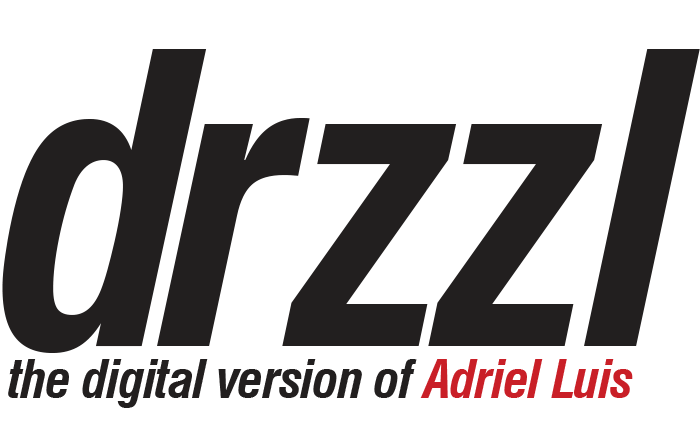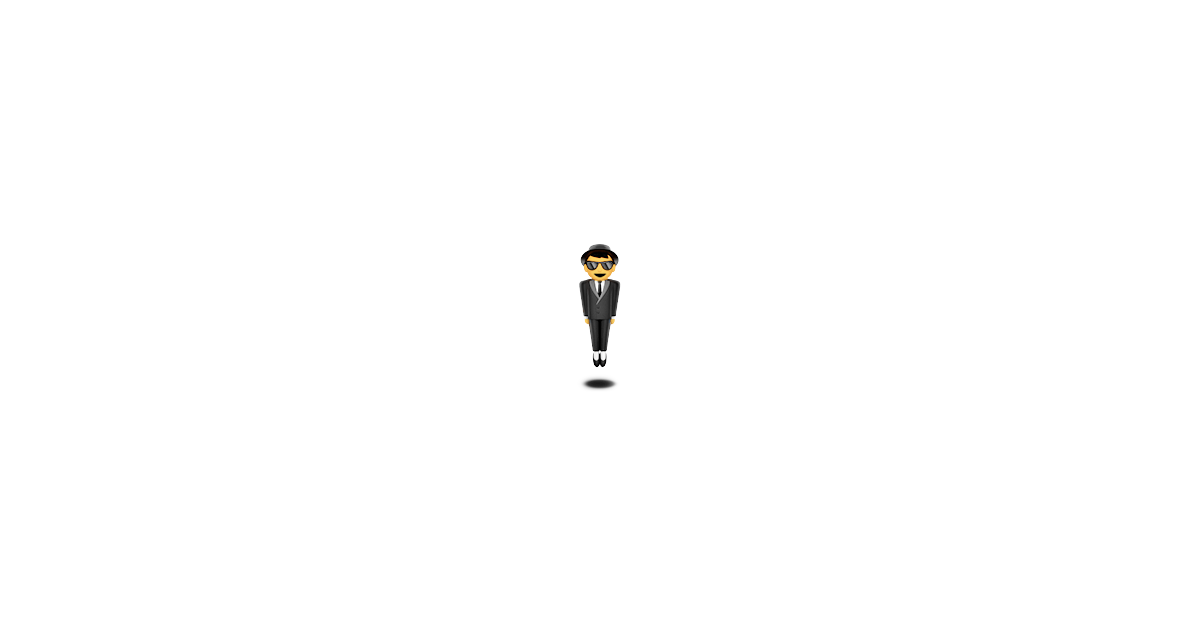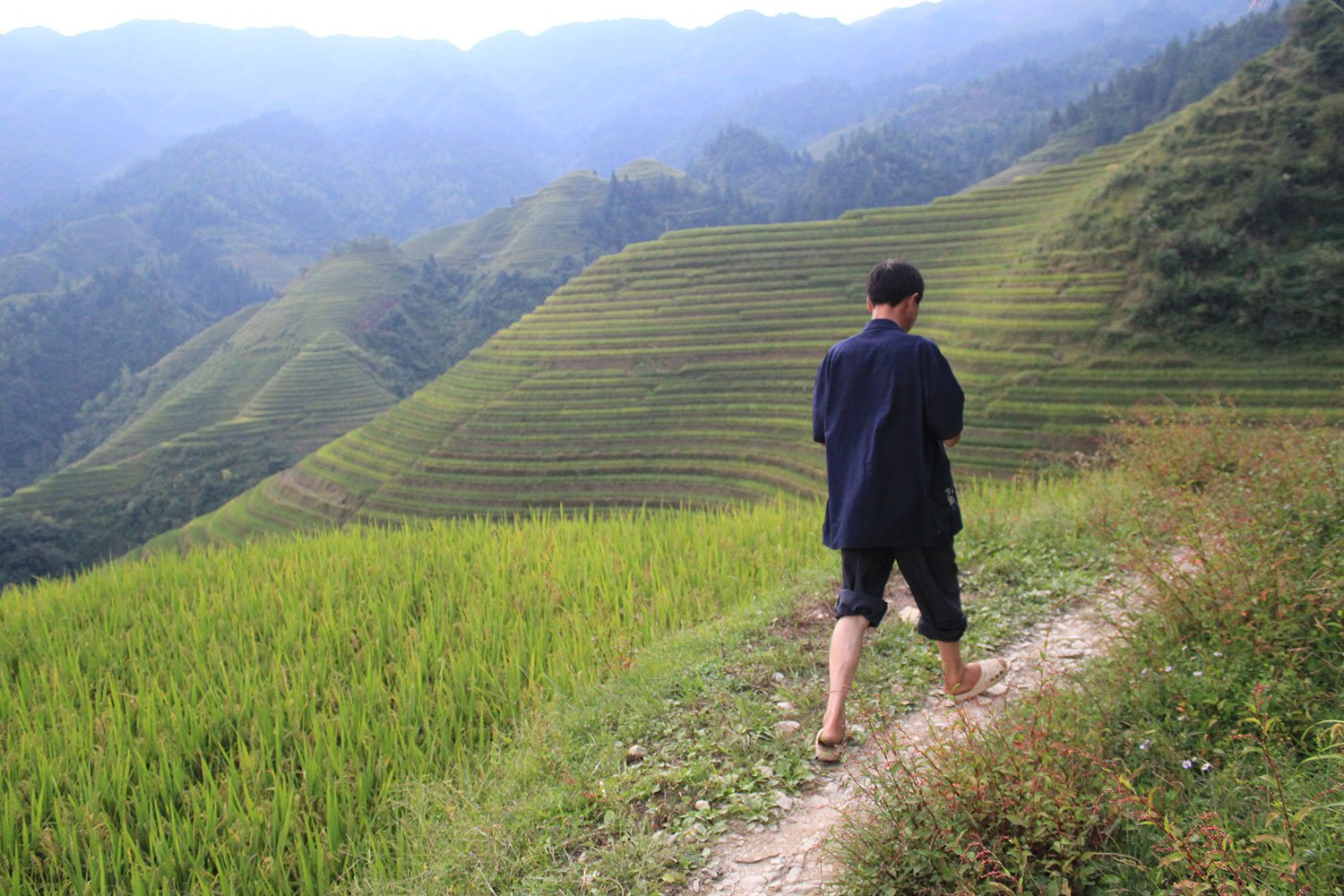If we’re honest about what’s keeping the world from reaching its fullest potential, it’s not a lack of productivity. We don’t even have to go that far-out and abstract. Across the board, the biggest challenges to nations, societies, communities, and relationships aren’t due to an overwhelming sense of inertia. And especially when it comes to the individual – measuring one’s value based on one’s output is itself an act of devaluation. Life is more than production. We are more than products.
But in this day and age, to be still is to be stagnant. The myth of productivity is hidden in plain sight – it’s clear that war, inequity, starvation, and pollution won’t be solved by simply getting more stuff done (on the contrary, so much trouble is caused by the lust for forward movement). Yet while it’s clear that productivity isn’t the answer for the world, each of us have been raised to believe that it’s the answer for us. And those of us who hope to contribute to progress must make a “mark,” which is done by working very very hard. Problematically, productivity then becomes equivalent to purpose – I am what I do, and therefore doing as much as I can is a moral obligation. Here, rest is sinful, and we are pressed to feel guilty for taking pleasure. And in such a world, the Beyoncés, Elons, and Baracks are praised as saints, as the shining examples of those who use their 24 hours each day basking in the holy grail of accomplishment.
Those who escape being tools for their company or their nation may instead feel like one for their family, art, community, or spirit. Productivity is the constant addressing of our shoulds, and I’ve gotten so trained in this that even on days when there’s nothing I really should do, I’ll make it a task to sit down and assign myself more tasks. Otherwise, what am I here for? This is when I again need to examine if I’m equating productivity with purpose.
At the end of each year, at my family’s home on vacation, I usually reach a breaking point. After several days not going through my routine of responsibilities, I start just looking for shit to do. I declutter the house that’s not even my own. I start tending to social media accounts I never ever think about (hello, annual LinkedIn maintenance). I know I’ve really reached the bottom of the barrel when I find myself on iTunes’ “Best Productivity Apps of the Year.” I’ll throw hours down the hole downloading, registering, testing, and discarding dozens of apps to improve my efficiency in the worlds of email, to-do lists, routine managers, and anything else you can think of making twelve of the same app for. I think of this practice as time invested for mechanisms that will help me move throughout the next year in lightning speed. Instead, it’s a hamster wheel.
There’s the story of the germaphobe who cleaned his house spotless, and when he was done he didn’t have anything else to clean, so he started cleaning his detergent bottles. That’s not really a story, it’s just an analogy to unsuccessfully get to the point I’m trying to make.
So I spent all of this past December imagining myself sleeping early for New Year’s Eve, getting up at 6 the next morning, doing my meditation and stretches like a sensei, and then entering 2018 with the vigor of an ox. Instead, I vegged out in front of Netflix, went to bed at 2, woke up at 10, and spent the rest of the morning feeling guilty for not making the most of my day. I guess what I’m trying to say is that, after coming out of my mild session of self-loathing, I recognized that the problem isn’t that I went to bed and woke up late. It’s not the fact that by noon I hadn’t crossed anything off my to-do list. It’s that I placed so much expectation on how this morning would represent my entire life, and by extension that my very slow, rather peaceful and ideal morning was in fact an implication that I was going to spend the rest of my life being a lazy ass. But if it took all that for me to finally (or once again?) put into words that presence is action, then simply showing up for this kind of reflection is a bigger accomplishment than any task I could conquer today.
Doing less and being more – I resolve to make that a priority this year.



